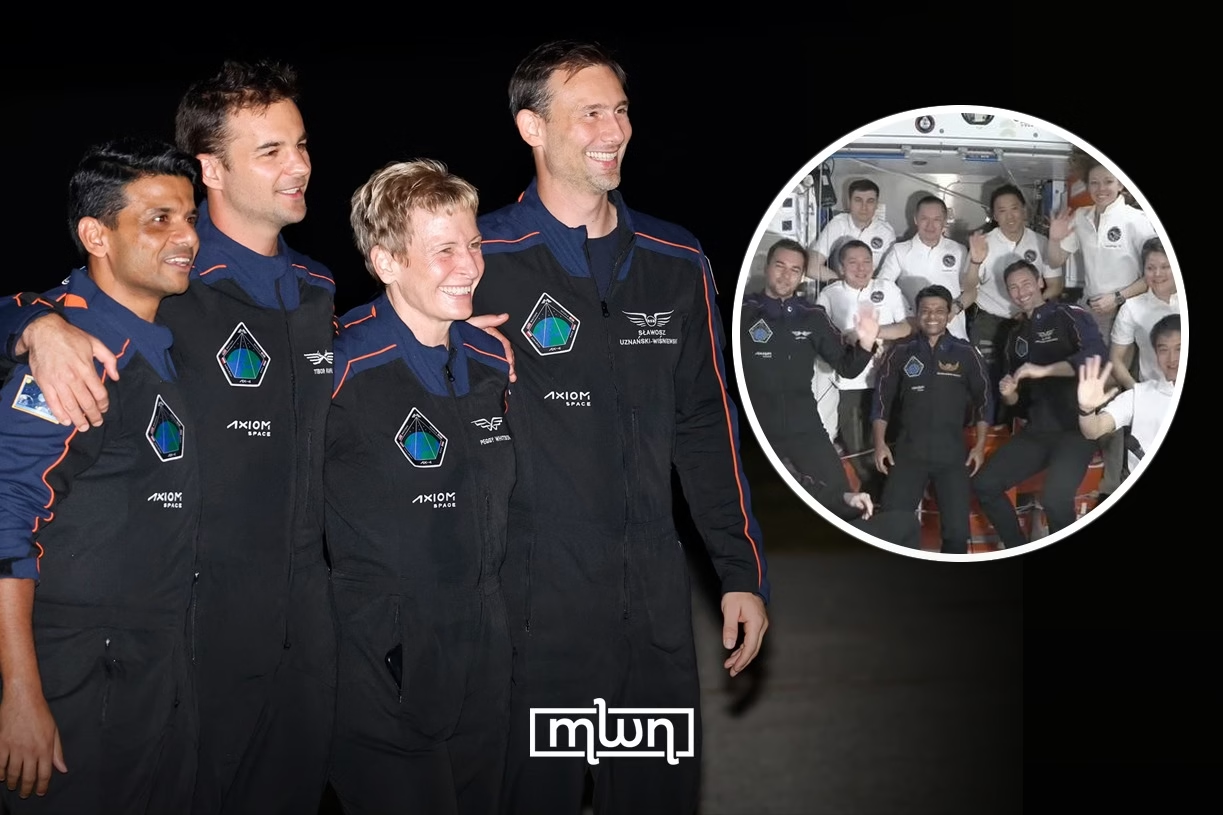Rabat – Astronauts from India, Poland and Hungary become the first of their countries to board the International Space Station (ISS) this week aboard the historic Axiom Mission 4.
After a hiatus of more than 40 years, the three countries have sent their first astronauts to space.
The last time nationals of these countries left the earthly sphere was in the late 1970s and early 1980s aboard Soviet space missions. This is only the second time each country has had an astronaut in space and the first time they have been independently represented.
The mission, known as Axiom Mission 4, is a collaboration between NASA, Axiom Space and other international partners. The launch mission launched from NASA’s Kennedy Center in Florida and marked the fourth Axiom-sponsored flight to the ISS since 2022.
The international crew will live and work in orbit for about 2 weeks before returning to earth.
Originally scheduled to launch on June 22, the astronauts successfully arrived at the ISS in a SpaceX Dragon spacecraft on June 26 after facing multiple delays at launch.
These included some minor technical difficulties as well as bad weather, an oxygen leak, and multiple evaluations for safety.
After finally launching, the spaceflight took about 28 hours to reach the ISS.
The mission is headed by one of America’s most experienced astronauts, Peggy Whitson, who now works for Axiom Space.
The other members of the international crew are, India’s Shubhanshu Shukla, a test pilot for the Indian Air Force, Hungary’s Tibor Kapu, a mechanical engineer and astronaut, and Poland’s Slawosz Uznanski-Wisniewski, an astronaut and engineer for the European Space Agency.
The successful launching of this mission reinforces the projected future of space in the commercial and academic sense, representing the collaboration between NASA’s international partners and American commercial space companies.
After more than two decades of continuous occupation and study, NASA is planning to retire the ISS in 2030 and is encouraging privately-owned companies to replace its work in space.
















